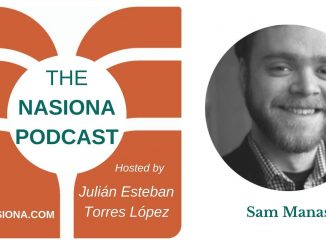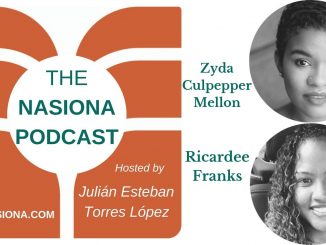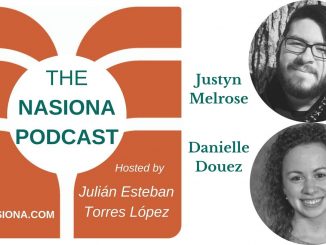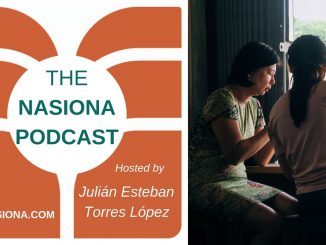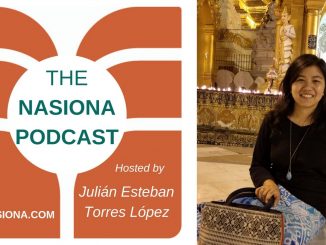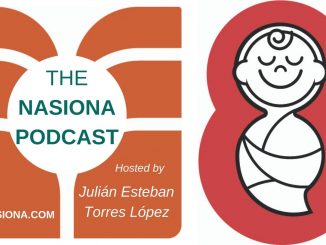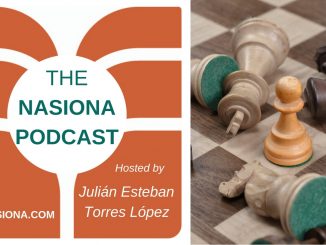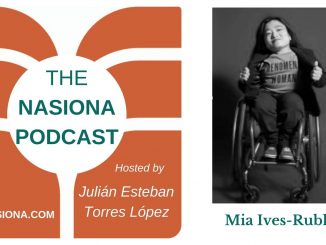
Episode 14: Disability Inclusion, Intersectionality, and Activism
Much of the already small disability representation in the media focuses on white people, and often men. Although we would never know it from TV and movies, the CDC reports that 19.67% of people of color have a disability compared with 20% of white people. In many spaces, people with disabilities aren’t welcome regardless of race, often unintentionally. Mia Ives-Rublee, a transracial adoptee and the founder and coordinator for the Women’s March Disability Caucus, is working to change the norm. […]
